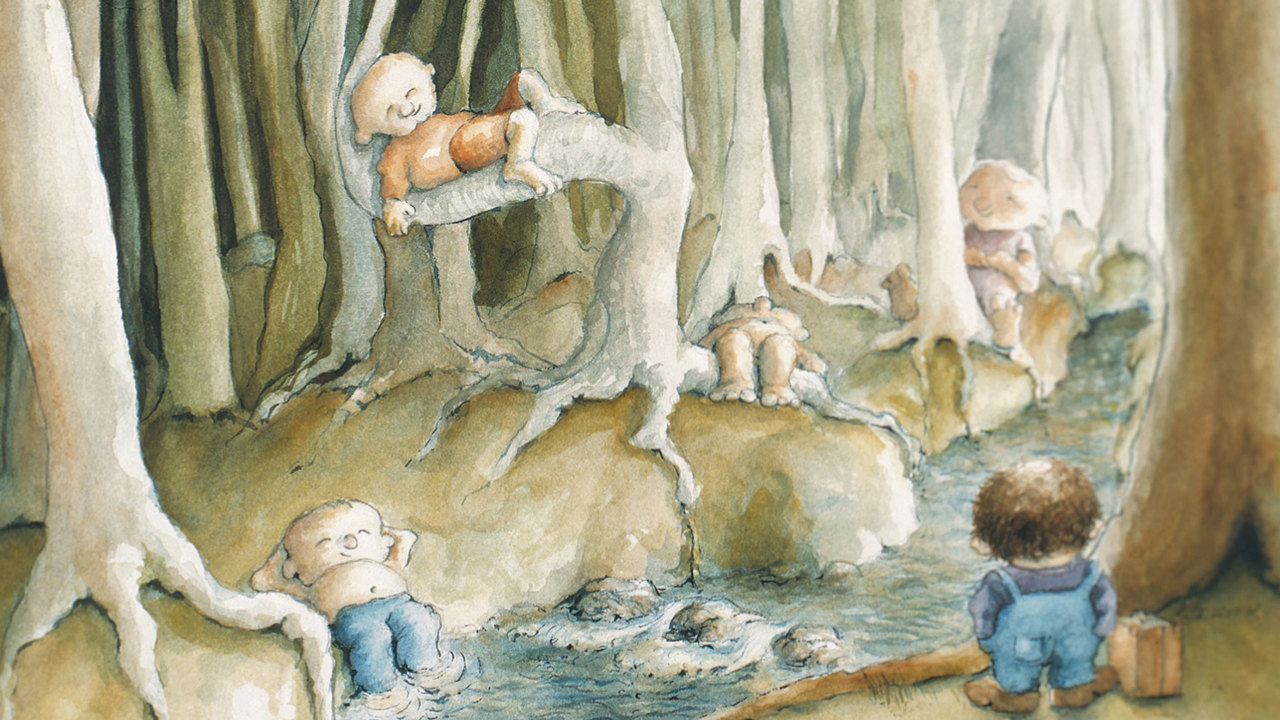Fundamental to the evolution of Scandinavian prog, and not just because they brought us the extraordinary talents of Hans Lundin and Roine Stolt, Kaipa certainly deserve to have the first portion of their now hefty catalogue reassessed.
As with recent re-releases of the Swedes’ eponymous debut and its follow-up Inget Nytt Under Solen, Tempus Fugit have done the meticulous necessary with albums three, four and five here, each of them benefiting hugely from some careful remastering.
Solo (1978) is undoubtedly the real gem here. While not quite as masterful as its two predecessors, it showcased the mischievous fluidity of Kaipa’s groundbreaking sound, with plenty of smart idiosyncrasies bolstering more familiar tropes. Nods to Gentle Giant, Caravan and, of course, Genesis abound, but it’s the brief bursts of Beefheartian whimsy and the peculiar and fearless path each song follows that mark it as an overlooked gem. The warped fusion of Frog Funk and En Igelkotts Död (‘Death Of A Hedgehog’ in English!) sound weirdly timely today, perhaps indicating that prog’s state of panicked flux in the late 70s hadn’t affected Kaipa in quite the same way as it had their British contemporaries.
Solo showcased the mischievous fluidity of their sound.
That said, by the time they made Händer (1980), the curse of cultural winds changing direction had audibly struck with some force. Drifting somewhat lazily into AOR pomp territory, it is the weakest Kaipa album by some margin, all those endearing eccentricities ironed out and replaced with inelegant synths and an enervating sense that exploration had been ousted in favour of ‘proper’ songwriting.
(Ab)normal service was resumed for 1982’s Nattdjurstid, wherein Kaipa started to sound like a band with plenty of new ideas again, albeit most of them borrowed from Peter Gabriel, David Bowie and Bill Nelson and given a quintessentially Swedish prog seeing-to. In particular, the title track sounds very much like an aesthetic and sonic amalgam of Bowie’s Scary Monsters and Peter Gabriel 4, while Inom Oss sounds like a botched but charming attempt to update Be Bop Deluxe for the era of DX7s and Fairlights. Guitars play a significant part, but the freewheeling Zappa-isms and Hackett-esque invention that typified Kaipa’s first three albums were long gone (Stolt had left after Solo) and, like many other bands of the age, they were audibly adjusting to the supposed demands of a new decade.
Of the three, then, Solo’s the one worth having, and overall this is a fascinating and generously proportioned glimpse into the end of a pioneering band’s first crack of the prog whip. But casual listeners should check out the previous reissues first.

